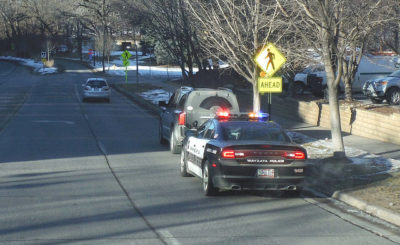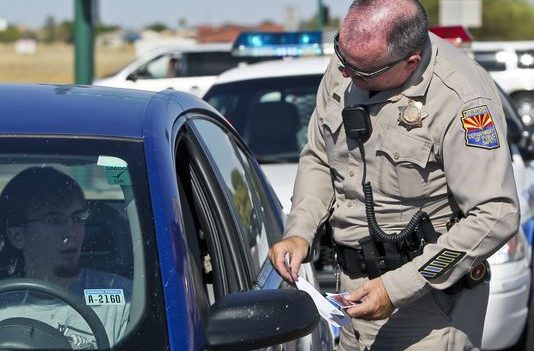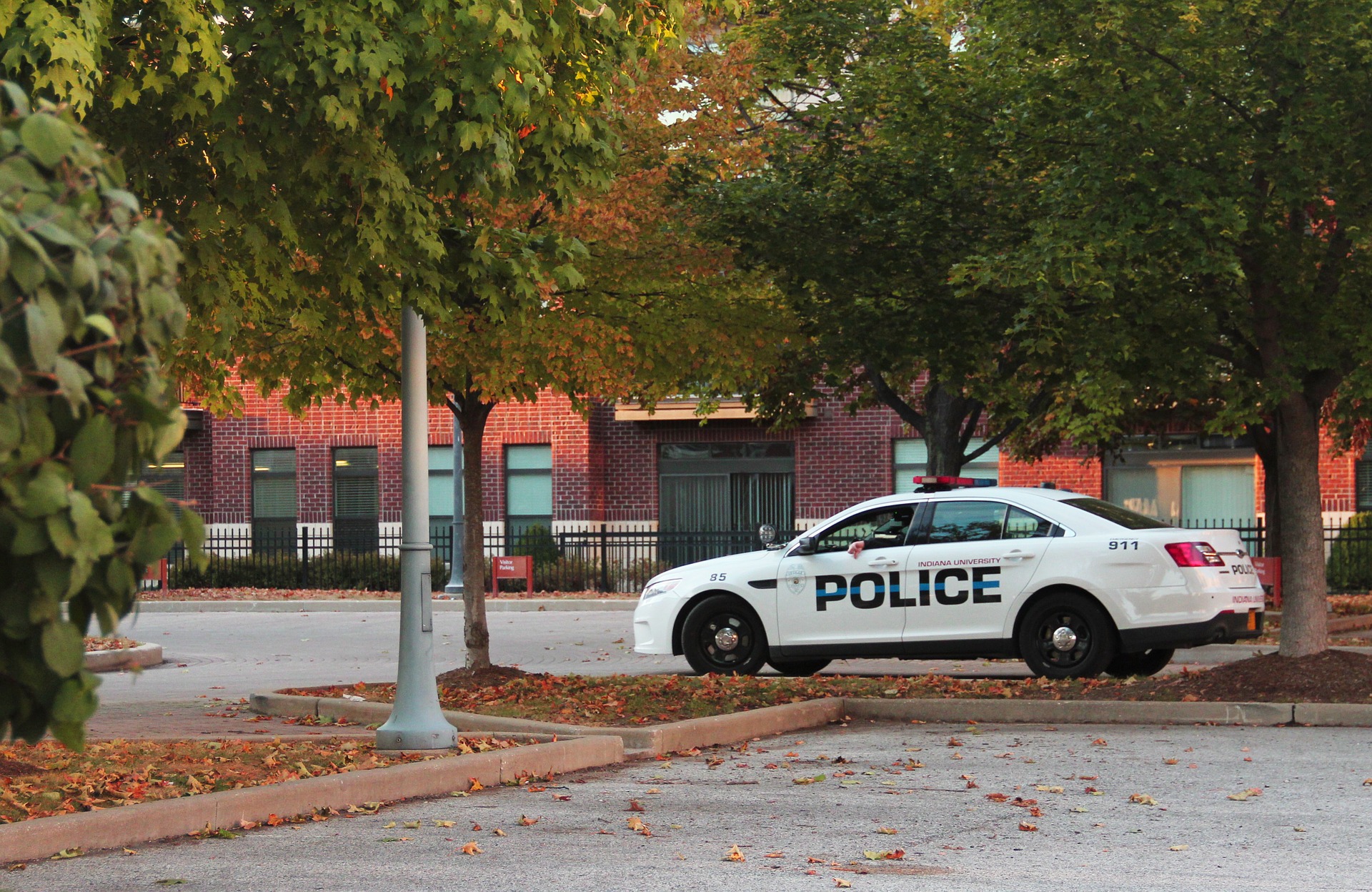Police generally need a valid warrant to search your car…unless it’s a traffic stop and they have probable cause that crime is afoot. Probable cause means that the police must have some evidence or facts to believe that the individual they are investigating is connected to criminal activity. Something real must be seen. A simple hunch is not enough. The officer must have a first person observation of something, such as the site or smell of illegal drugs, or some form of admission of guilt. Minor traffic violations such as a broken tail light, expired registration, or speeding generally are not enough for probable cause, and not enough to search your car.
What is the best way to stop officers from searching my car?
Be cool, calm, and collected. If an officer pulls you over, do so immediately where it is safe, turn off your vehicle, and place your hands on the wheel where the officer can see them. Do not move until they ask for your information, better safe than sorry. If it is at night, you should also turn on a dome light in your car so they can tell that you are not armed with any weapons. Treat the officer with respect, no need to use profanity or escalate the situation. Remember you can also refuse consent to allow a dog to check your car as well, even if they threaten you.
If you don’t want to answer a question remain silent.
Police may attempt to get you to admit to breaking a law. An officer may for instance, ask if you knew the speed limit or how fast you were going. The best answer is to either say “No, Officer” or to remains silent under the 5th Amendment. Also don’t berate the officer and indicate “I know my rights” simply tell them your going to exercise your right to silence or an attorney, no reason to attempt to challenge the police officer.
Refuse Search Requests If You Wish.
If officers have “reasonable suspicion (you have weapons or drugs), they may conduct pat down of the outside of your clothing“. Never physically resist an officer. Your just going to be in for allot of unnecessary pain or charges of assault. Also, be aware that when police frisk you they will ask you a few questions including what you have on your person, or if you don’t mind if they search your car. In response to each of the officer’s inquiries simply indicate that you understand the officer is just doing his job, but you don’t consent to any searches. Stay firm on this don’t let them search your car. The officers may then ask you whether you have anything to hide and that is why you won’t let them search. Simply repeat what you just said, that you do not consent to searches under the 4th Amendment.
Refusing a search DOES NOT =
- Guilt
- The right to detain you
- The right to arrest you
- The right to charge you
In fact, most searches are a result of police having probable cause. Never consent to a search. If you do it’s harder for your attorney to get the results or finding of that search thrown out in court.
Determine if You’re Being Detained or If Your Free to Go
Unless you are going to be detained or arrested you can terminate the encounter whenever you want. Simply ask “if your being detained or if your free to go“. For instance, if a police officer threatens to get a warrant or bring a K-9 unit ask if your free to go. This can help withdraw you from a potential legal battle with the courts and the officer, but it can also help you avoid any future investigatory questions as well. If they say you can, leave immediately. If they continue to attempt to ask you questions or seem to dismiss your question, ask if your free to go again.
Ask for a Lawyer ASAP, Invoke Your 5th Amendment, and If Your Charged Your 6th Will Attach!
If you’re not free to go guess what? Your being “detained”. If that occurs, you have three options. Well really one option. You should invoke your right to remain silent. Yes you actually have to invoke this. Simply being silent is not enough, they will still ask you questions. Before you do this, inform them that you would like an attorney. Make sure you are firm about this. Don’t play coy. Tell them, “I would like a lawyer, and I am choosing to remain silent”. Moreover, the police may not tell you your Miranda Rights. Some officers will inform you immediately whereas others may wait until they have done more investigatory work. Best to adhere to the aforementioned and keep your lips closed and ask for an attorney.





